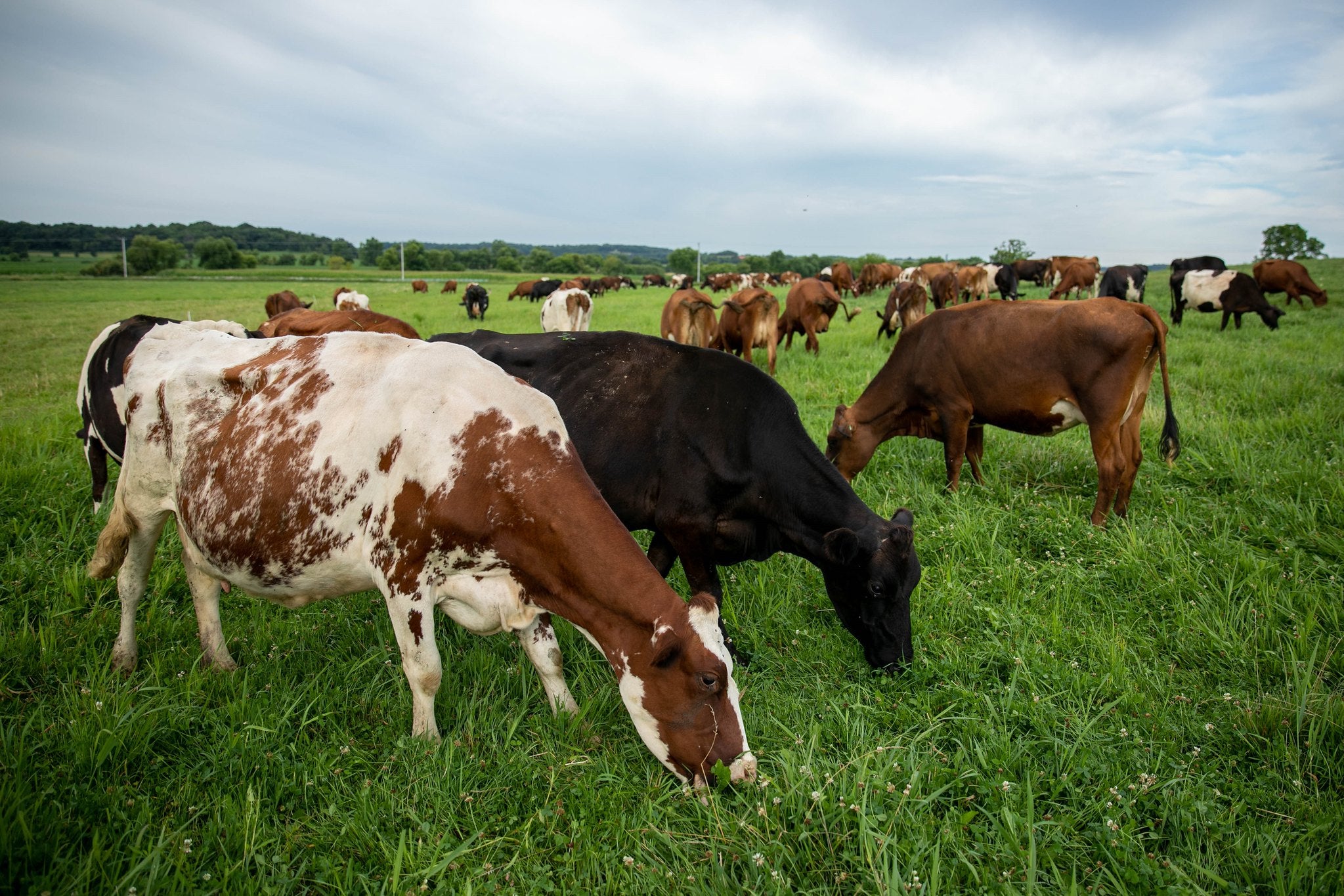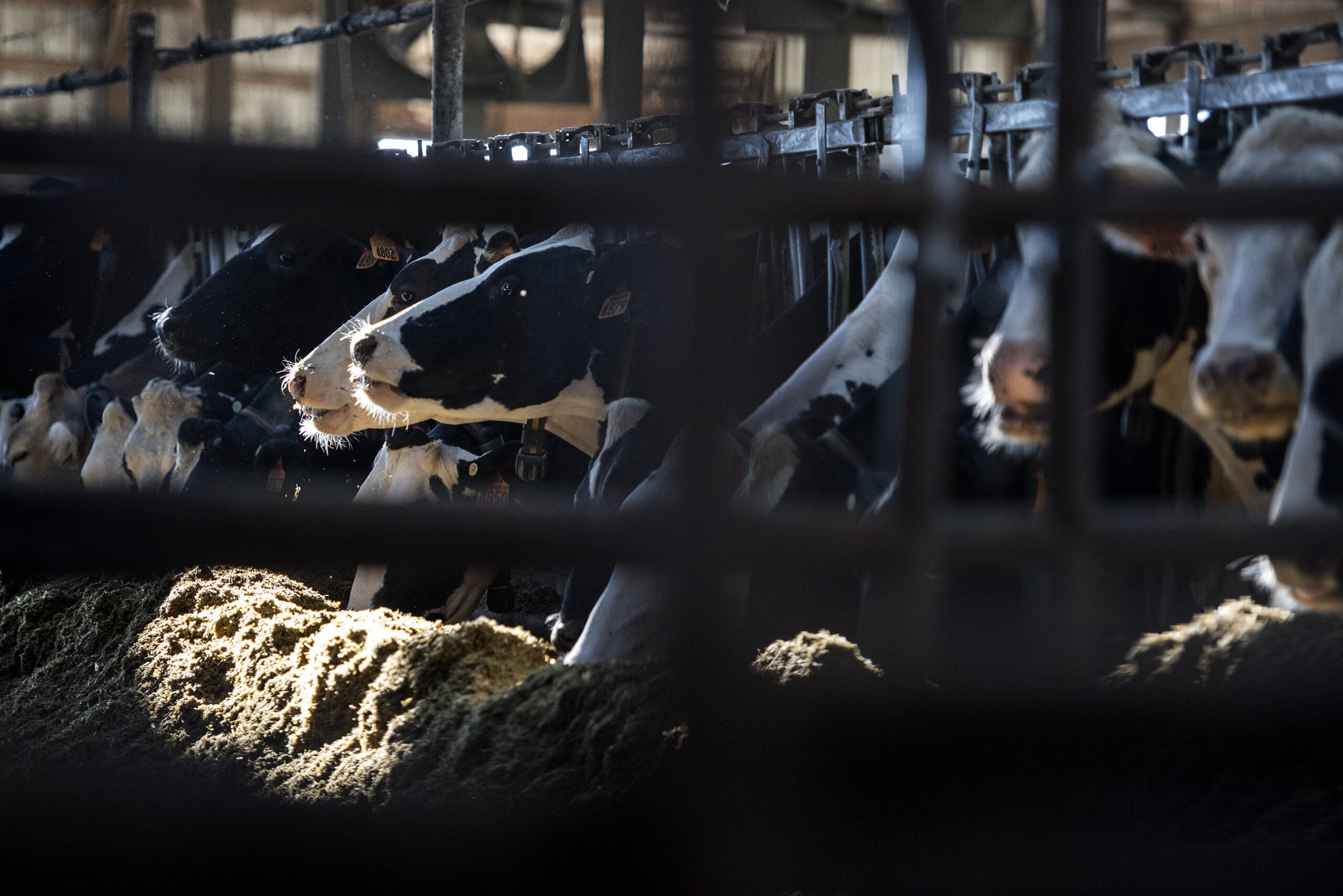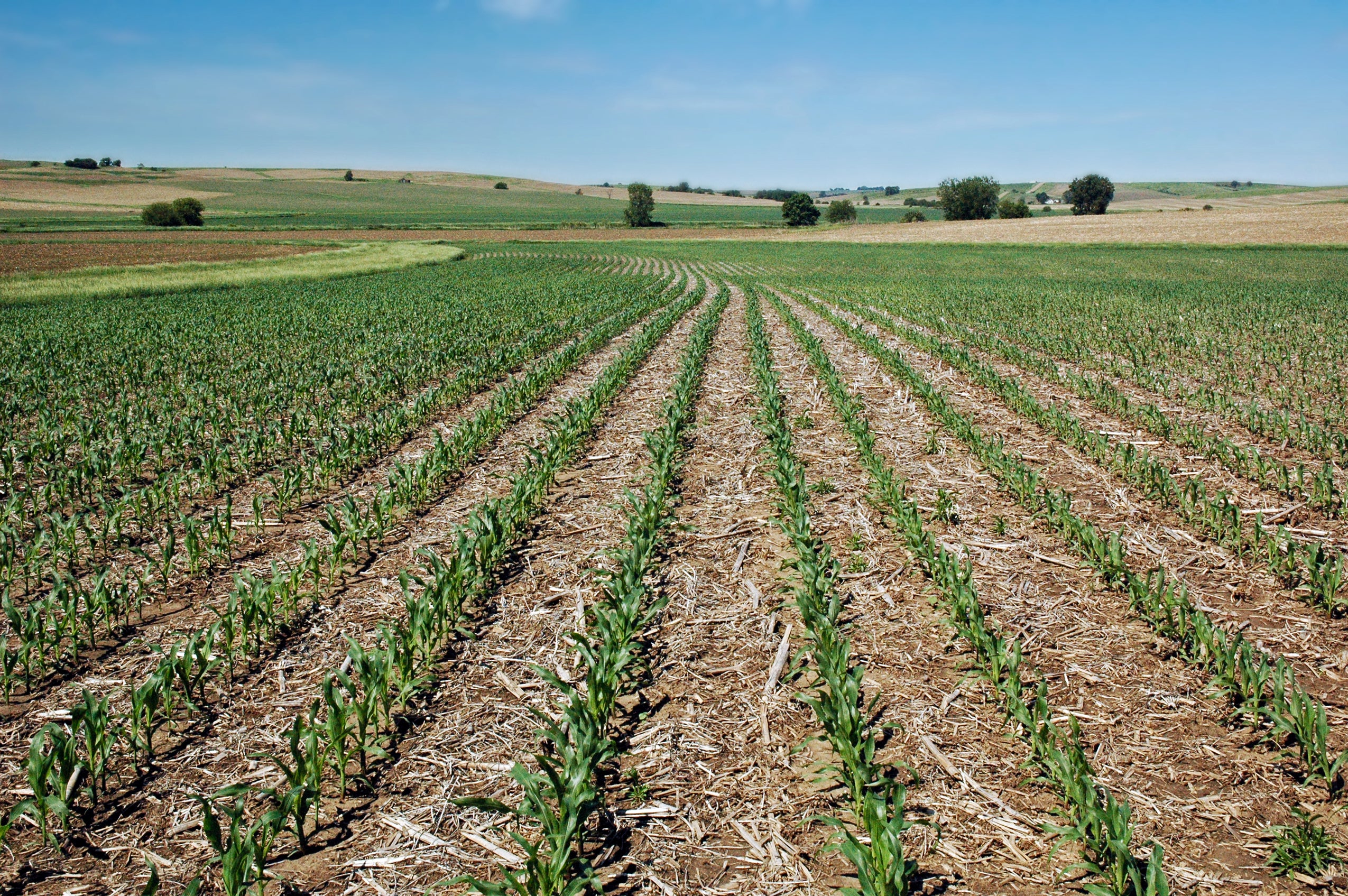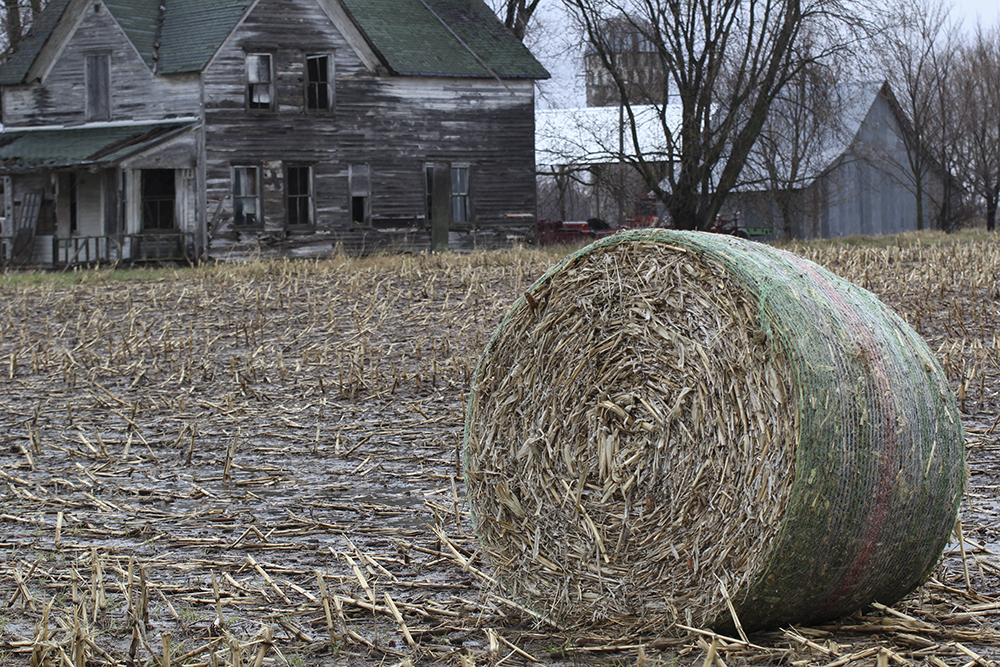It has been one year since the U.S. Department of Agriculture announced the first recipients of more than $3 billion in grant funding for projects focused on a “climate-smart” future for agriculture.
While many of the five-year grant projects are just getting started, Wisconsin groups receiving the funds say they’re optimistic the work will not only lead to a better future for the environment, but a more profitable one for farmers.
Joe Tomandl is head of the Dairy Grazing Apprenticeship, a national apprenticeship program for farmers that started in Wisconsin. His organization was awarded $4.8 million through the Climate-Smart Commodities grant program to create a system to quantify the environmental benefits of growing pasture for grazing cows.
News with a little more humanity
WPR’s “Wisconsin Today” newsletter keeps you connected to the state you love without feeling overwhelmed. No paywall. No agenda. No corporate filter.
Using new technology, Tomandl said they will map out the correlation between the amount of plant material in a pasture and the amount of carbon in the soil. The data will allow farms to easily calculate the amount of carbon sequestration their farm is contributing each year. The group will then develop a way for farmers to monetize that data by selling to processors or consumers at a premium.
“Really what it’s trying to do is identify a value to be brought down to the farm, to help not only farmers become more profitable, but to help the consumer realize and have a choice,” he said.
He said consumers around the world care about climate change and want to buy products that don’t harm the environment. In recent years, the dairy industry has been criticized for its greenhouse gas emissions and many have turned to dairy alternatives instead.
Tomandl believes that more farmers switching to managed grazing on pastures is a solution to the industry’s emissions problem. But he said if Wisconsin farmers don’t prove to consumers that they’re adapting, someone else in the global marketplace will.
“Climate, environment, carbon — it’s an issue and it is a real selling point,” he said. “We need to be quantifying these types of things. We need to be setting up systems where we are making progress through our products on mitigating climate change.”
Tomandl said his organization is working to select 30 farms in their apprenticeship program to receive the new technology, with the hope of gathering data from their pastures starting next spring.
In northeastern Wisconsin, the Fox-Wolf Watershed Alliance also received Climate-Smart Commodities funding. The nonprofit group is helping to implement a $50 million national project led by Edge Dairy Farmer Cooperative from Green Bay that is focused on helping dairy farmers implement climate-smart practices like cover crops and better manure management.
Katie Woodrow, project manager for the Fox-Wolf Watershed Alliance, said the group will use $12 million from the award to fund eight staff members at county conservation departments that can provide technical assistance to farmers in the region.
“They’re going to be the additional boots on the ground to get out and talk to farmers about developing these practices,” she said. “We know that traditional farming, sometimes those habits die hard because it’s the way that we’ve done things for a really long time. It’s hard to make that change.”
Woodrow said they’ll also provide funding for new equipment and financial incentives for farmers who keep new practices on the land for at least two years.
The Fox-Wolf Watershed Alliance also received just under $5 million funding for their own project to support small and underserved farms in making these changes. Woodrow said these “microfarms” are often left out of traditional farm programs, making it hard for them to access technical assistance and funding. She said the project will also help these producers develop local markets where they can sell environmentally-friendly foods at a better price.
Like Tomandl, Woodrow believes showing consumers that farmers can help address climate change, rather than contribute to it, is an important part of the future for local producers.
“There is a direct impact, especially for your local economy, of what farmers are doing down the road from you,” she said. “It impacts your water, it impacts your economy, and it impacts that farmer who’s part of your community. So if we can show that these practices are a win-win-win for the environment, for the economy and the local community and for the farmer, it’s really an opportunity for everyone to be successful.”
Woodrow said they’re still in early development of both projects, but are currently working to build support from local partners. They hope to start recruiting small and underserved farms early next year.
Wisconsin Public Radio, © Copyright 2026, Board of Regents of the University of Wisconsin System and Wisconsin Educational Communications Board.






